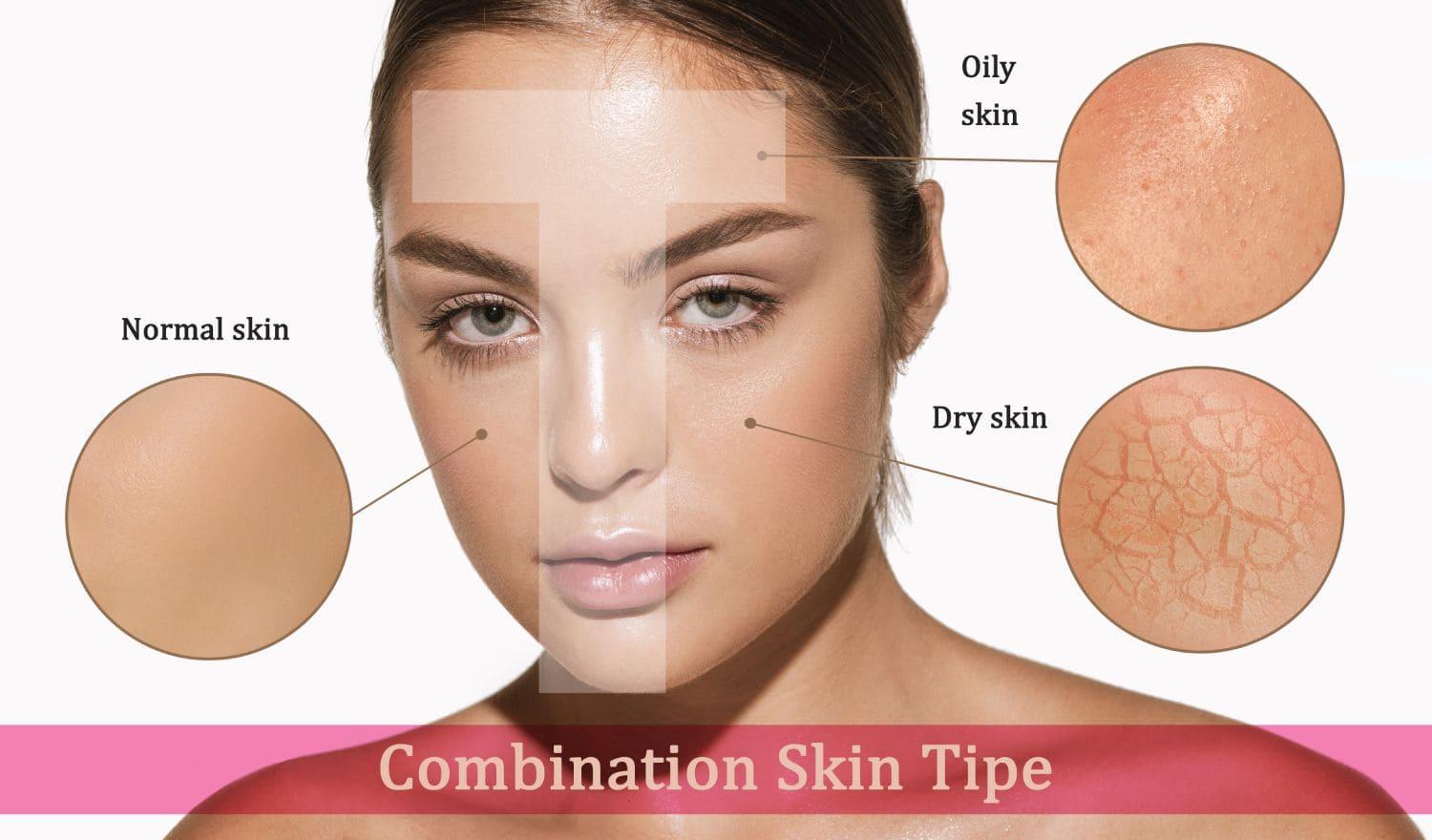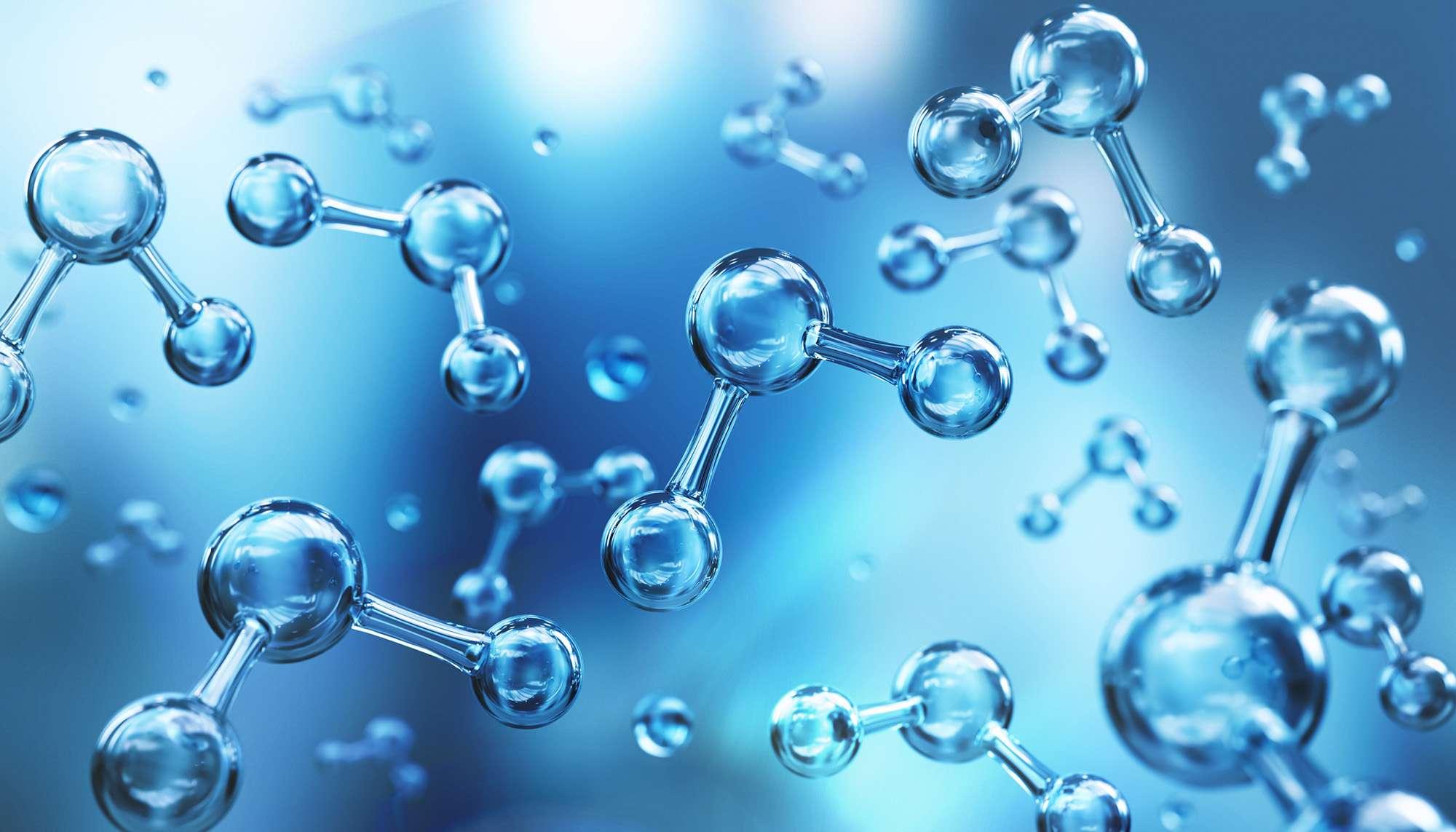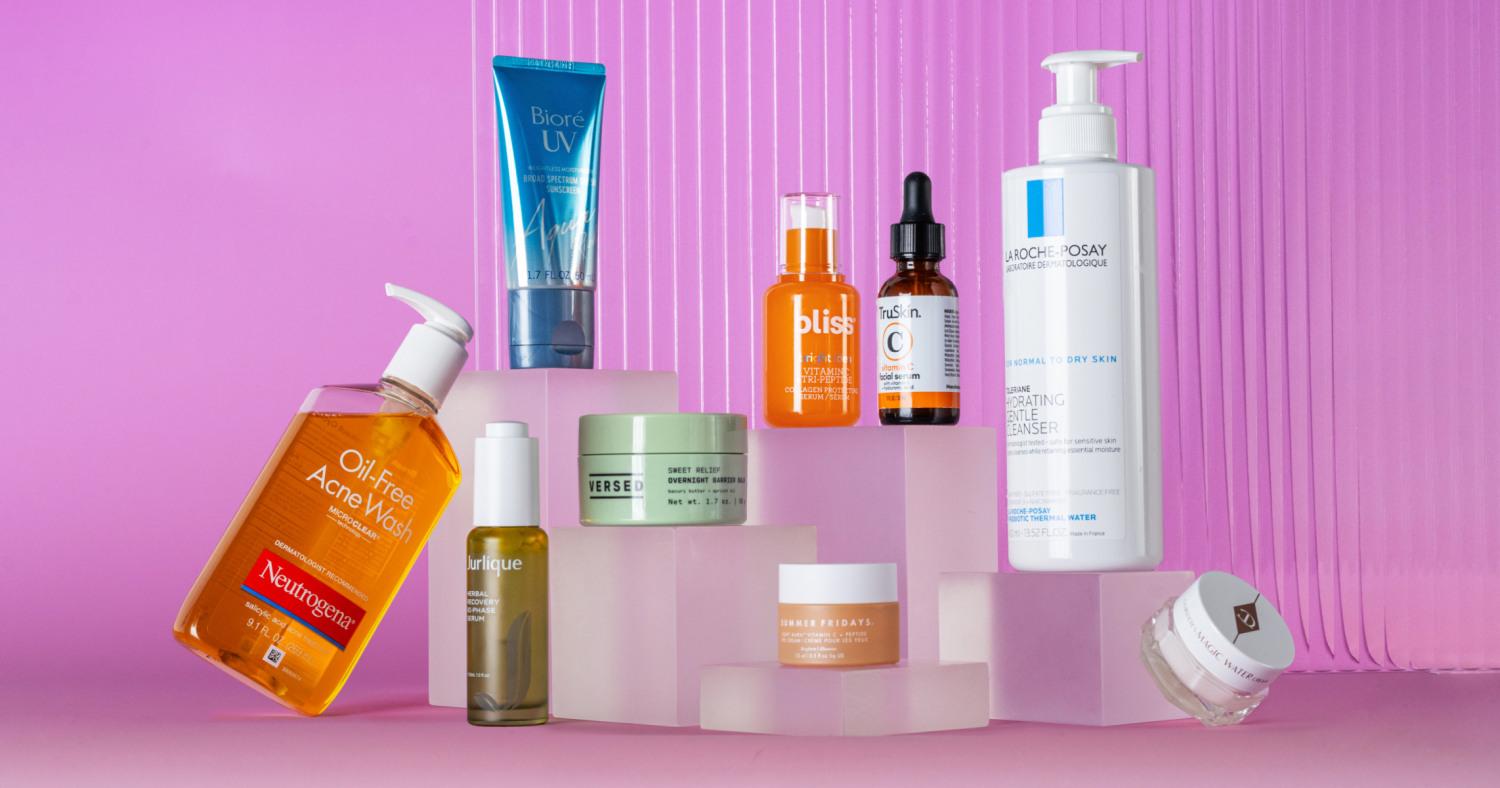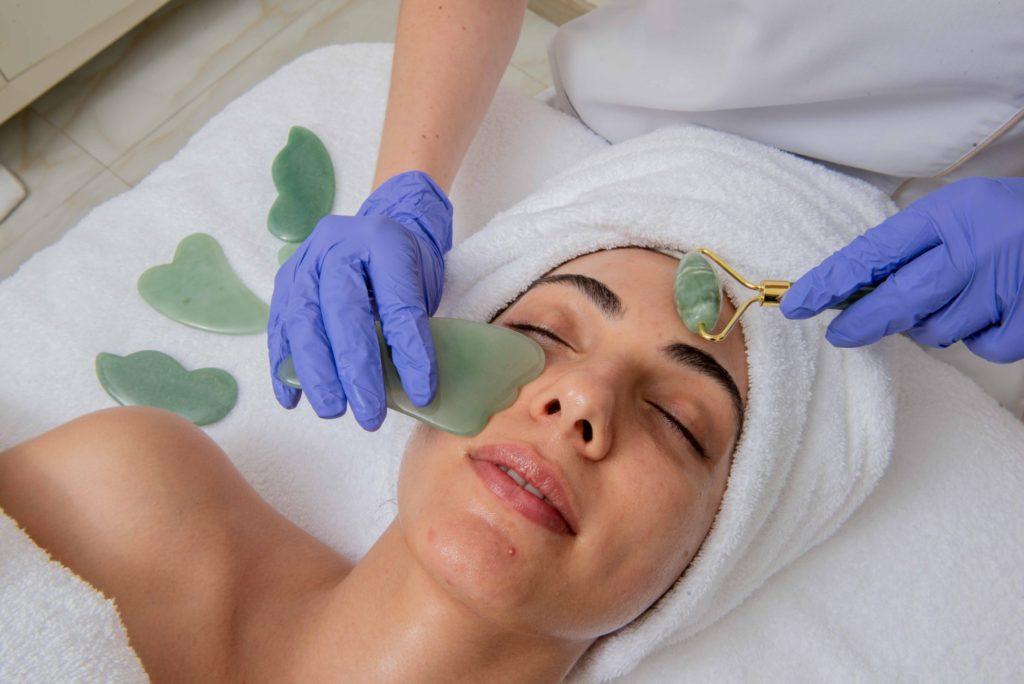Facial Myths You Should Stop Believing Now
In a world increasingly obsessed with beauty standards and skincare routines, facial myths often circulate like whispers in a crowded room—some bold and loud, others subtle yet insidious. From the belief that oils are the enemy of oily skin to the notion that more products equate to better results, these misconceptions can lead us down a path fraught with frustration and financial waste. As we peel back the layers of these enduring myths, it’s time to reassess what we think we know about facial care. This article will shine a light on the most common fallacies, empowering you to make informed decisions for your skin while fostering a healthier relationship with your beauty regimen. Join us as we debunk these myths and uncover the truths that can help you glow confidently, no filters necessary.
The Truth Behind Oily Skin: Debunking the Shiny Complexion Myth
Many people believe that oily skin is simply the result of too much sebum production, leading to a shiny complexion that is often perceived as unhealthy or unattractive. However, this notion is misleading. Oily skin is not inherently bad; it can actually possess several advantages. For instance, those with oilier skin types often experience a slower onset of fine lines and wrinkles compared to those with drier skin. This is due to the moisture retained within the skin’s oil, providing a natural barrier against environmental stressors. Additionally, the misconception around oily skin can often lead individuals to over-cleanse or use harsh products, which paradoxically can exacerbate oiliness by stripping the skin of its natural oils and prompting it to produce even more sebum.
Another common myth is that individuals with oily skin do not need to moisturize, as they assume their skin is sufficiently hydrated due to excess oil. Despite having a shiny appearance, oiliness does not equate to hydration. In fact, oily skin can still suffer from dehydration. Using a lightweight, non-comedogenic moisturizer can help balance oil production while keeping the skin hydrated. Embracing proper skincare tailored to oily skin—such as using ingredients like salicylic acid or niacinamide—can combat excess oil without sacrificing moisture, debunking the belief that all oily skin is problematic. Here are some key points to remember about oily skin:
- Not inherently unhealthy: Oily skin can be resilient and age more gracefully.
- Moisturization is essential: Lightweight products can help balance oil and hydration.
- Avoid harsh cleansers: Gentle products are better for maintaining skin’s natural balance.

Exposing the Hydration Fallacy: Why More Water Isnt Always Better for Your Skin
For years, the mantra of “just drink more water” has echoed in beauty advice, but this oversimplification overlooks the complexities of skin hydration. While adequate hydration is undeniably important, the idea that chugging copious amounts of water will translate directly to plump, glowing skin is misleading. Skin hydration comes not only from within but also from the moisture we actively retain on the surface. Factors such as environmental conditions, skin type, and even genetics play crucial roles in how well our skin maintains moisture. Excessive water intake may even lead to imbalances, such as electrolyte disruption, which can have detrimental effects on skin clarity and health.
Moreover, topical hydration cannot be ignored. Creams, serums, and masks infused with humectants and emollients can significantly contribute to maintaining skin moisture levels. Here are a few reasons why simply upping your water intake may not be enough:
- Skin Barrier Function: The outer layer of skin acts as a protective barrier; proper moisture retention techniques can prevent water loss.
- Topical Products: Ingredients like hyaluronic acid and glycerin are designed to draw moisture from the environment, making them equally as important.
- Dietary Factors: Foods rich in omega-3 fatty acids can help to enhance skin hydration from the inside out.

The Age-Defying Illusion: Understanding the Real Impact of Skincare Products
In a world dominated by glossy advertisements and influencer endorsements, it’s easy to find yourself entranced by the allure of expensive skincare products. However, understanding the real impact of these items is crucial for discerning fact from fiction. Many people fall prey to the misconceptions that the most costly products are inherently the most effective. In reality, the active ingredients, formulation, and individual skin type play significant roles in how well a product works. Key factors to consider when choosing skincare include:
- Ingredient Transparency: Always check for scientifically-backed ingredients.
- Skin Type Compatibility: Tailoring products to your specific skin type can yield better results.
- Long-Term Benefits: Consistency and patience often outperform quick-fix solutions.
Furthermore, it’s essential to recognize that many products claim to offer miraculous effects, yet skincare is more about maintaining balance than chasing unrealistic results. The latest trends often shift focus from essential skincare practices to marketing gimmicks. To put things into perspective, here’s a brief comparison of common product myths and their realities:
| Myth | Reality |
|---|---|
| High-priced products always work better. | Price does not equal efficacy. |
| More product means better results. | Overuse can irritate skin. |
| All-natural ingredients are always safe. | Natural doesn’t guarantee non-irritation. |

Natural vs. Chemical: Navigating the Misconceptions in Facial Treatments
The debate between natural and chemical ingredients in facial treatments often leads to preconceived notions that can be misleading. Many assume that *natural* equates to *safer* and *better*, but this isn’t always the case. Here are some common misconceptions that deserve a closer look:
- All Natural Ingredients are Harmless: While many natural substances are beneficial, some can cause allergic reactions or skin irritation.
- Chemical Ingredients are Always Bad: Chemicals are not inherently harmful. Many scientifically formulated products include beneficial compounds that enhance skin health.
- More Ingredients Mean Better Results: Product efficacy is not about quantity but about the quality and suitability of the ingredients for your skin type.
Understanding the distinction between natural and synthetic ingredients can empower consumers to make informed decisions. Knowing which elements work best for your skin is crucial for effective treatment. Check out this comparison table that highlights key aspects of both types of facial treatment ingredients:
| Aspect | Natural Ingredients | Chemical Ingredients |
|---|---|---|
| Efficacy | Varies widely | Often well-studied |
| Allergic Reactions | Possible, but less predictable | More predictable with known allergens |
| Availability | Seasonal and region-specific | Consistent and widely available |
Key Takeaways
As we peel back the layers of common misconceptions surrounding facial care, it becomes clear that knowledge is not just power; it’s the cornerstone of effective skincare. While the vast sea of information can sometimes feel overwhelming, prioritizing evidence-based practices over myths can transform your beauty routine into a more tailored and effective experience. Remember, what works wonders for one person may not be the golden ticket for another. Stay informed, listen to your skin, and embrace the journey to finding your unique skincare regimen.
If you’re ready to elevate your beauty routine and indulge in the next step of your self-care journey, discover the ultimate beauty and wellness experience at In & Out Beauty Spa (www.inandoutbeauty.co.za). Whether you’re looking for a rejuvenating spa treatment or seeking trusted beauty providers in your area, we’ve got you covered. Explore our service directory today and find the perfect beauty solution nearby!
